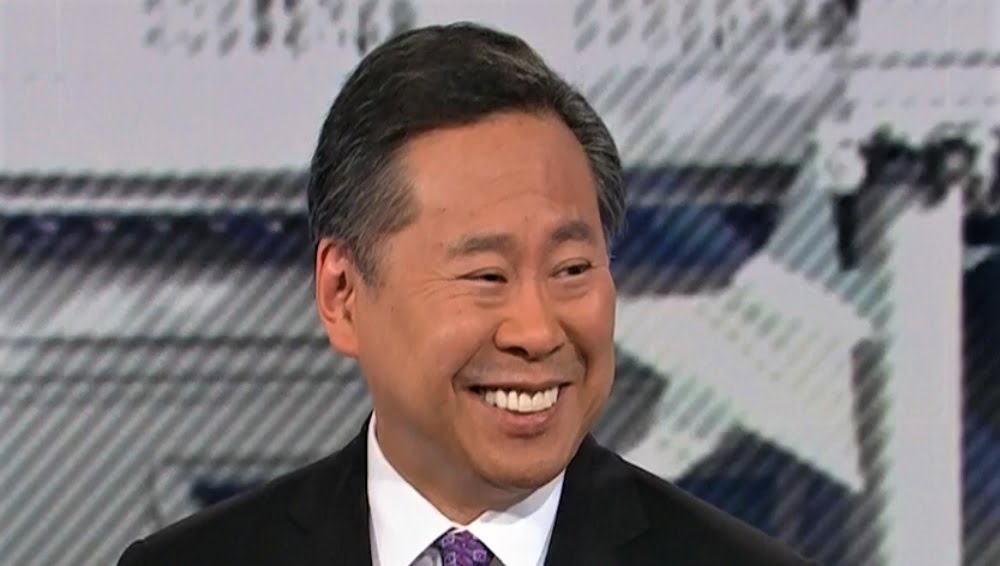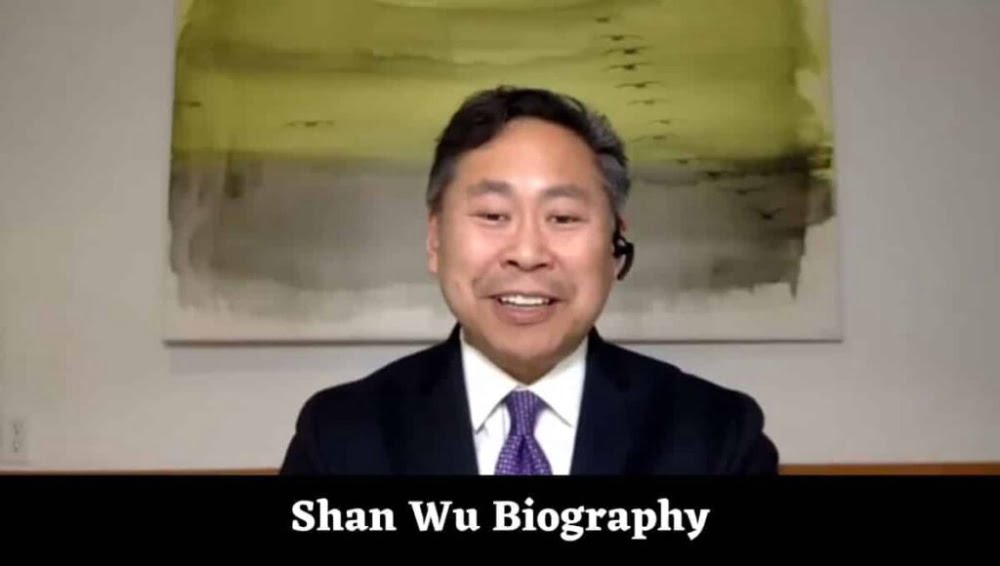Shan Wu Wikipedia, Wiki, Education, Age, Ethnicity, Family
Shan Wu Wikipedia, Wiki, Education, Age, Ethnicity, Family -: Shan Wu, also referred to as Shanlon Wu, was a seasoned lawyer and legal analyst for CNN. In the area of higher education, he has also blazed a precedent by advocating for college and university students as well as their families who have been the victims of a variety of crimes committed on campus.
Shan Wu Bio
| Name | Shan Wu |
| Nickname | Shan |
| Age | 64 years old |
| Date Of Birth | 13 May 1959 |
| Profession | Attorney, Legal Analyst, Author and Former-boxer |
| Religion | Christian |
| Nationality | American |
| Birthplace | Westchester County, New York, USA |
Shan Wu Measurement
| Height | 5 Feet 7 Inch |
| Weight | 65 Kg |
| Eye Colour | Black |
| Hair Colour | Black |
Shan Wu Educational Qualifications
| School | High schools |
| College or University | He obtained a B.A. in English Literature from Vassar College and an M.F.A. in Creative Writing from Sarah Lawrence College |
| Educational Degree | law degree from Georgetown University |
Shan Wu Family
| Father | Mr. Wu |
| Mother | Mrs. Wu |
| Brother / Sister | Not Known |
| Children | 2 Children |
Shan Wu Marital Status
| Marital Status | Married |
| Suppose Name | Not Known |
| Affairs | Not Known |
Shan Wu’s Net Worth
| Net Worth in Dollars | $10 Million (Approx) |
| Salary | Not Known |
Shan Wu Social Media Accounts
| Youtube |
Shan Wu News
The “Disqualification Clause” outlined in Section 3 of the 14th Amendment is a perfect fit for Donald J. Trump.
Political podcaster Allison Gill said, “If section 3 of the 14th amendment wasn’t designed for him, who was it designed for?” on the social media platform that was formerly known as Twitter.
The historical answer to Gill’s query is, of course, that it was designed to accommodate Confederates hoping to reapply for federal employment following their defeat in the Civil War. Furthermore, Trump’s attempts to win the 2020 election again after losing to Hillary Clinton are directly comparable to this same historical background.
The following is mentioned in the Disqualification Clause:
No one shall be eligible to serve as a senator or representative in Congress, as an elector of the President and Vice-President, or to hold any civil or military office under the United States or any State if they have previously taken an oath to support the United States Constitution while serving as a member of Congress, an officer of the United States, a member of any State legislature, or an executive or judicial officer of any State. However, in order for Congress to repeal such a handicap, a two-thirds majority in each House is needed.
This clearly refers to Trump’s illegal attempts to void the results of the 2020 presidential election. His calls for “wild” protests on January 6 that led to the attack on the Capitol, his plot to present slates of unelected “fake” electors for the electoral college, and his insistence that the Georgia Secretary of State find additional votes in his favor are just a few examples of these behaviors.
Though the US Justice Department and the State of Georgia filed criminal charges against Trump as a result of his conduct, his disqualification is not dependent on the outcome of any of those legal procedures.
Anyone who believes that removing Trump from office will endanger democracy should spend some time viewing videos of police officers being battered by demonstrators on January 6 while attempting to defend the U.S. Capitol from attack.
The disqualification clause “operates independently of any such criminal proceedings and, indeed, also independently of impeachment proceedings and of congressional legislation,” as noted by constitutional expert Professor Laurence Tribe and former conservative federal judge Michael Luttig in their article in The Atlantic. It was also “designed to operate directly and immediately upon those who betray their oaths to the Constitution, whether by taking up arms to ov
They consider Tribe and Luttig to be very rare exceptions. In an upcoming law review article, William Baude of the University of Chicago and Michael Stokes Paulsen of the University of St. Thomas contend that the disqualification is self-enforcing. They contend that a large number of other supporters of Trump’s campaign might likewise be ineligible.
According to Baude and Paulsen, this could include the “fake electors,” Jeffrey Clark, a Justice Department official, and “at least one member of Congress,” Rep. Scott Perry (R-PA), who had backed Clark’s plans and even pushed for the dismissal of senior DOJ officials who disapproved of Clark’s plan. A plot to confiscate voting machines was put out by former national security adviser General Michael Flynn.
The main issues of dispute in arguments against this ideal group of constitutional academics are twofold.
They argue that either the legal theory is faulty since the enforcement mechanism is not mentioned, or they argue that Section 3 cannot be activated because the terms “insurrection” and “rebellion” require a criminal conviction. These are two feeble justifications.
First off, the Constitution makes no mention of a criminal conviction, hence the requirement is false. The terms “rebellion” and “insurrection” are both expressed simply. It is not possible to see the absence of a precise enforcement mechanism as fatal to the legal theory because the Constitution usually does not contain specific enforcement instructions.
As a matter of fact, there exist multiple methods to ensure that Trump is ousted from power. First, secretaries of state might simply declare him ineligible to run for office.
Second, voters and states could challenge his placement on the ballot in court. Removing a Jan. 6 rioter from their position on a state commission in New Mexico was one recent occurrence.
Any of them would, of course, give rise to legal action, which would almost definitely end up at the US Supreme Court. It’s also uncertain what the Supreme Court would rule on this. Despite the fact that three of Trump’s appointees are among the conservative justices, there is no assurance that they will support Trump’s policies, particularly considering the conservative judges’ inclination for originalist interpretation.
Some may even wring their hands and clutch their pearls out of fear that if they attempted to disqualify Trump, his political opponents would begin to do the same thing regularly. Although academics and pundits are aware of these dangers, taking legal action can also lessen the possibility of abuse.
There will inevitably be political fallout, and efforts to disqualify Trump might even boost his popularity in the short run and improve his chances of becoming the Republican nominee.
However, Trump’s chances of winning the general election would be severely harmed if he were to be disqualified from running in even one red or swing state.
If anyone thinks that taking Trump out of office will undermine democracy, they should watch the footage of police officers being beaten by protesters on January 6 as they tried to protect the US Capitol from assault. As a result, they will be more aware of what constitutes a real threat to democracy.
Trump spoke to individuals who had tried to disrupt the election process after that turbulent day. He told them, ‘We love you. You are very special. It sounds very much like support and comfort.

